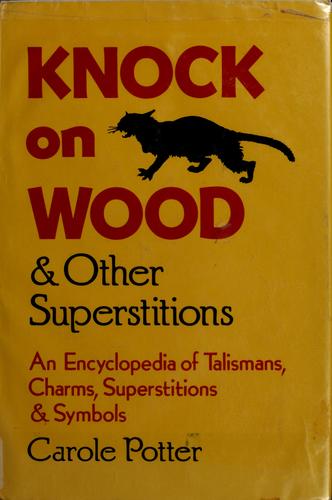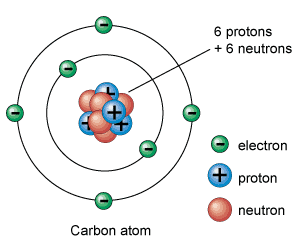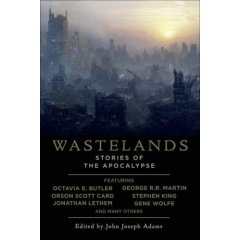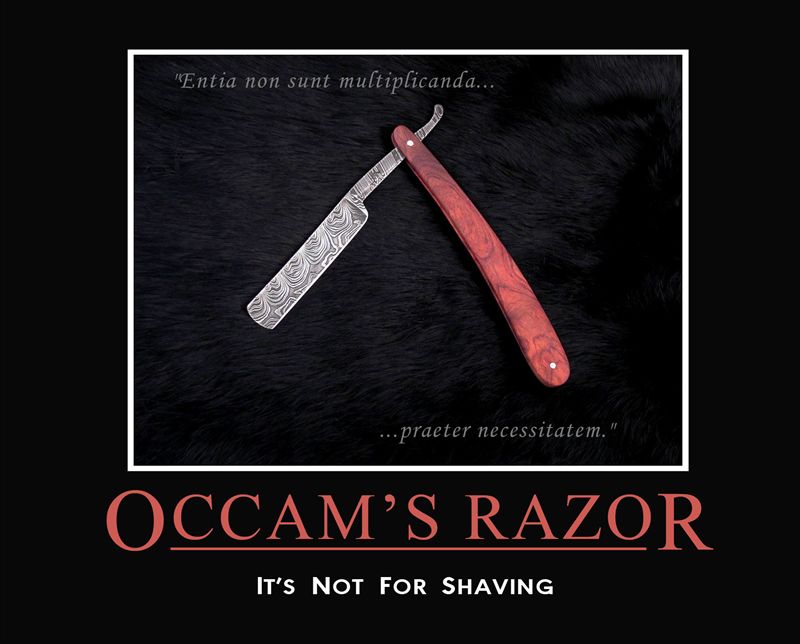The Case For God
Karen Armstrong
Knopf, 2009
A while back (what may or may not have been years ago, I'm honestly not sure), a friend of mine recommended that I read this book. I'm not entirely sure what the context of the conversation was, but I'm glad she suggested it.
Karen Armstrong is a comparative religion scholar, a former nun, and author of several books on the topic of religion. I have been intending to read her
A History Of God, since I saw it in the clearance bin at Barnes and Noble several years ago.
I've got it in
Calibre, but I just haven't gotten around to it. If it's anything like
The Case For God, it will be well-written, well-researched, and worth the time I put into it.
The Case For God isn't an apologetic. Armstrong, basically, explains the roots of monotheism (and religion in general), and follows through different historical perspectives of god. She covers different philosophical approaches, different schools of theological thought, belief and non-belief, and all that they entail. It's an invigorating insight into the three desert dogmas for the believer and non-believer alike.
She winds up making a thinly-veiled plea for
apophatic theology, which, to me, is a waste of time. Maybe I'm simple-minded, but I don't see the need to invent contrivances and make things more complicated than they already are.
When I read about apophatics, I have the following dialogue in my head.
"Yes, we can explain that."
"But maybe magic was involved."
"What kind of magic"
"Oh, you know, that undetectable kind of magic that exists outside of space and time, which isn't necessarily good, but probably isn't evil and may or may not care about anything we do or don't do."
"Why would you think that?"
"Why not?"
"Because there's no reason to think so. We can explain the phenomenon without employing any unknowns."
"Or can you?? HMMMMmmmmmMMMM?"
It's a total waste of time.
I usually prefer to use the sharp side of Occam's Razor, which seems to be in direct opposition to apophatic theology, which seems to keep everything as vague (and consequently, meaningless) as possible.
My inclinations aside, I can see how appealing apophatic theology is. It allows one to maintain the belief in "something," which can be comforting in times of trouble and reassuring in times of danger. But the only reason we should be comforted or reassured is if that "something" gives a shit about people--- which is something apophatic theology refuses to do. AT merely suggests (in spite of any evidence to the contrary) that this "something" isn't evil.This, of course, suggests a duality in nature. Unfortunately, nature just is. There's no magic to it. We can describe it as a duality, but that's just a convention of human thought in the most base form of binary prejudice.
I think that the reason Armstrong comes to this conclusion is because she, being a religious scholar, recognizes (and thankfully for us, has condensed) the limitless change humans have seen in religious thinking since the dawn of religion. The only way an individual can find any kind of truth in the yes/no, this/that, constant ebb and flow of religious ideas is to de-conceptualize and undefine a notion of a god until it becomes a nebulous "something." That really my only beef with the book. Otherwise, it's an outstanding history of religious thought and development.
The relevance and reliance upon a god figure has decreased as our understanding of the universe has grown; Armstrong gives a good illustration of the negative correlation between Yahweh's duties and human understanding.
Armstrong does, though, help a nonbeliever like me, who has lived in an era of biblical literalism and fundamentalists making the news, understand that it wasn't necessarily always like this, and that the role religion has played hasn't necessarily always been a bad one. That's refreshing news.
I'm not one of those "new atheists" who thinks that we ought to just get rid of religion. It's not for me, but it works pretty well for some people. It disgusts me to no end what people get away with because we, as a society, place religious ideas on a pedestal outside of the light of inquiry or discussion, but I think that is coming to an end.
 |
| If it can die, it's not a god. |
Quotes and comments:
"Religion is a practical discipline that teaches us to discover new capacities of mind and heart."
For some people this is true. For others, it's just the opposite.
"But the 'new atheists' command a wide readership, not only in secular Europe but even in the more conventionally religious United States. The popularity of their books suggests that many people are bewildered and even angered by the God concept they have inerited."
One good, sure-fire way to irk someone who doesn't believe in a god is to ask them, "Why are you so angry at god?" It's nonsense. It's like asking someone who doesn't believe in Bigfoot why they hate Bigfoot so much. It totally misses the point of everything, and I think that Armstrong misses the point here as well.
The popularity of the 4 Horsemen (Dawkins, Dennet, Harris and Hitchens) has more to do with a reaction to do with the followers, and less than the god concept. The nonbelievers don't think the god exists, so the concept itself is a moot point. It's the young-earthers and the fundamentalists who are responsible for resistance to religious ideas.
If religion remained benignly quiet and in private (where it belongs) nobody would have a problem because nobody would know that there was a problem to be had.
"People believed that God exceeded our thoughts and concepts and could be known only by dedicated practice. We have lost sight of this important insight, and this, I believe, is one of the reasons why so many Western people find the concept of God so troublesome today."
I would disagree, Karen. I think it has more to do with the
Problem of Evil,
theodicy, talking donkeys and invisible, flying people. Our modern appreciation for rationality, fairness and justice exists in direct contradiction to these concepts, and only through feats of intellectual acrobatics and doublethink can we justify all of these things.
I'll take Occam's Razor again, please.
People don't take "Because. That's why." for an answer anymore.
These are the reasons people in the West have a problem with the notion of the traditional god figure.
"Rooted in eighteenth-century Pietism, Evangelical Christianity led many Americans away from the cool ethos of the Age of Reason to the kind of populist democracy, anti-intellectualism, and rugged individualism that still characterizes American culture.
At the end of the book, Armstrong makes a plea for compassion. Compassion, next to and following knowledge, is the greatest thing that humans can give to each other. So I agree with her.
What I don't agree with is her notion that compassion somehow implies the necessity, not of any god, but of religion. I think she is inventing something that doesn't have to exist and injecting the notion of a god wherever she can without any decent reason to.
"One day a Brahmin priest came across the Buddha sitting in contemplation under a tree and was astonished by his serenity, stillness, and self-discipline. The impression of immense strength channeled creatively into an extraordinary peace reminded him of a great tusker elephant. "Are you a god, sir?" the priest asked. "Are you an angel... or a spirit?" No, the Buddha replied. He explained that he had simply revealed a new potential in human nature. It was possible to live in this world of conflict and pain at peace and in harmony with one's fellow creatures. There was no point in merely believing it; you would discover its truth only if you practiced his method, systematically cutting of egotism at the root. You would then live at the peak of your capacity, activate parts of the psyche that normally lie dormant, and become a fully enlightened human being. "Remember me," the Buddha told the curious priest, 'as one who is awake.'"
As poetic as that all is, keep in mind that the notion of a god is both completely absent, and completely unnecessary for the above to take place. It's an unnecessary addition.
The following phrase is attributed to Douglas Adams:
"Isn't it enough to see that a garden is beautiful without having to believe that there are fairies at the bottom of it, too?"
Isn't it enough to live a good life; be compassionate and decent to each other, without having to believe that there is a "reason" to exist? Isn't life just as sweet in the absence of an afterlife, or a holy anything? Or, as Armstrong would argue, an invisible "something?"



























